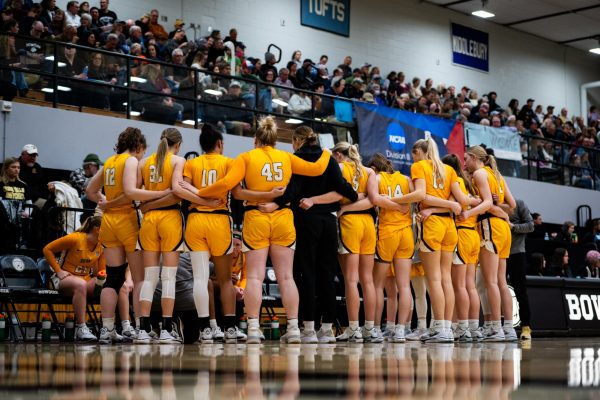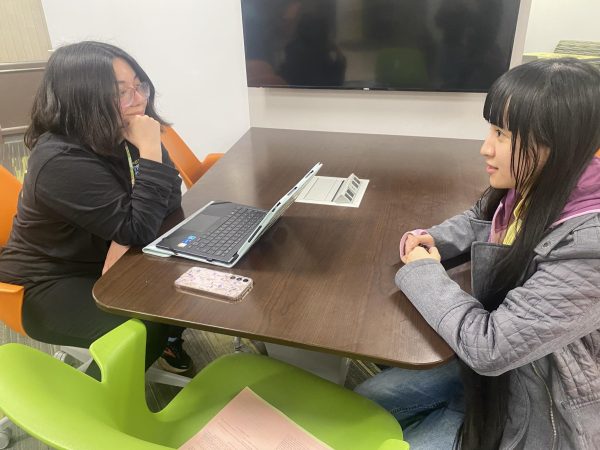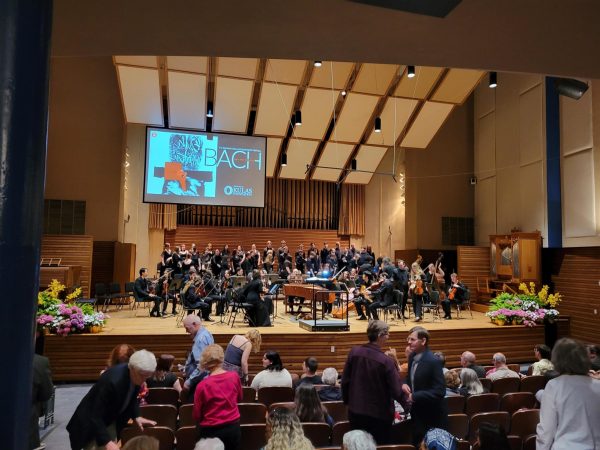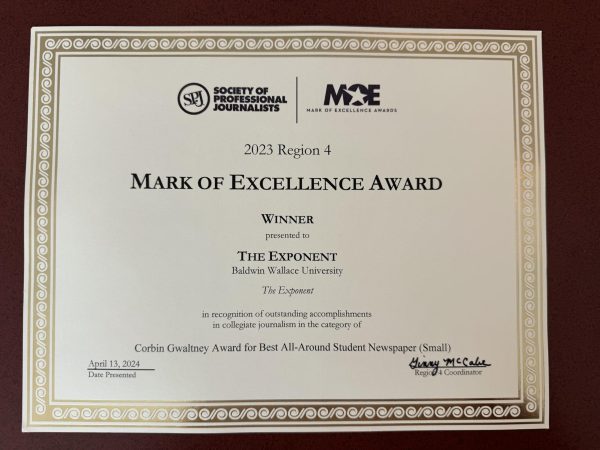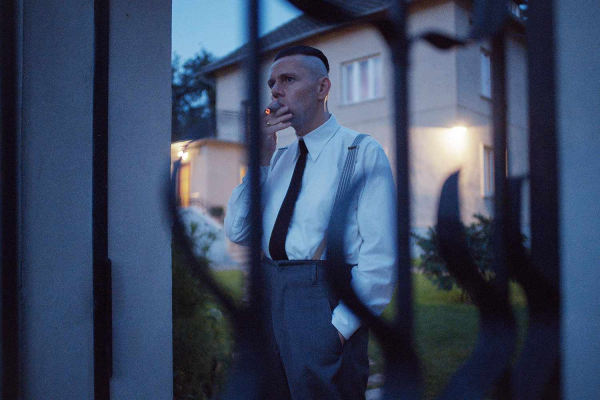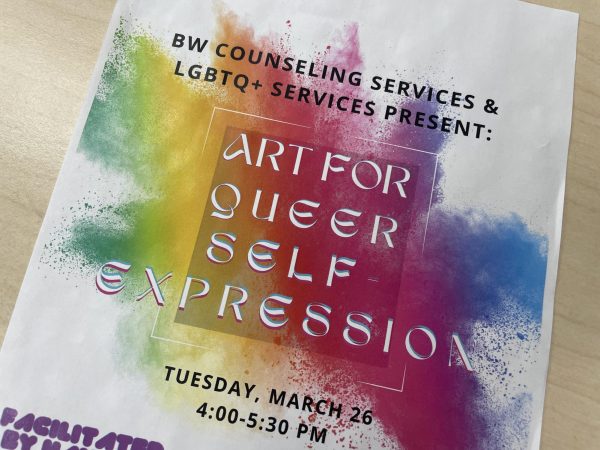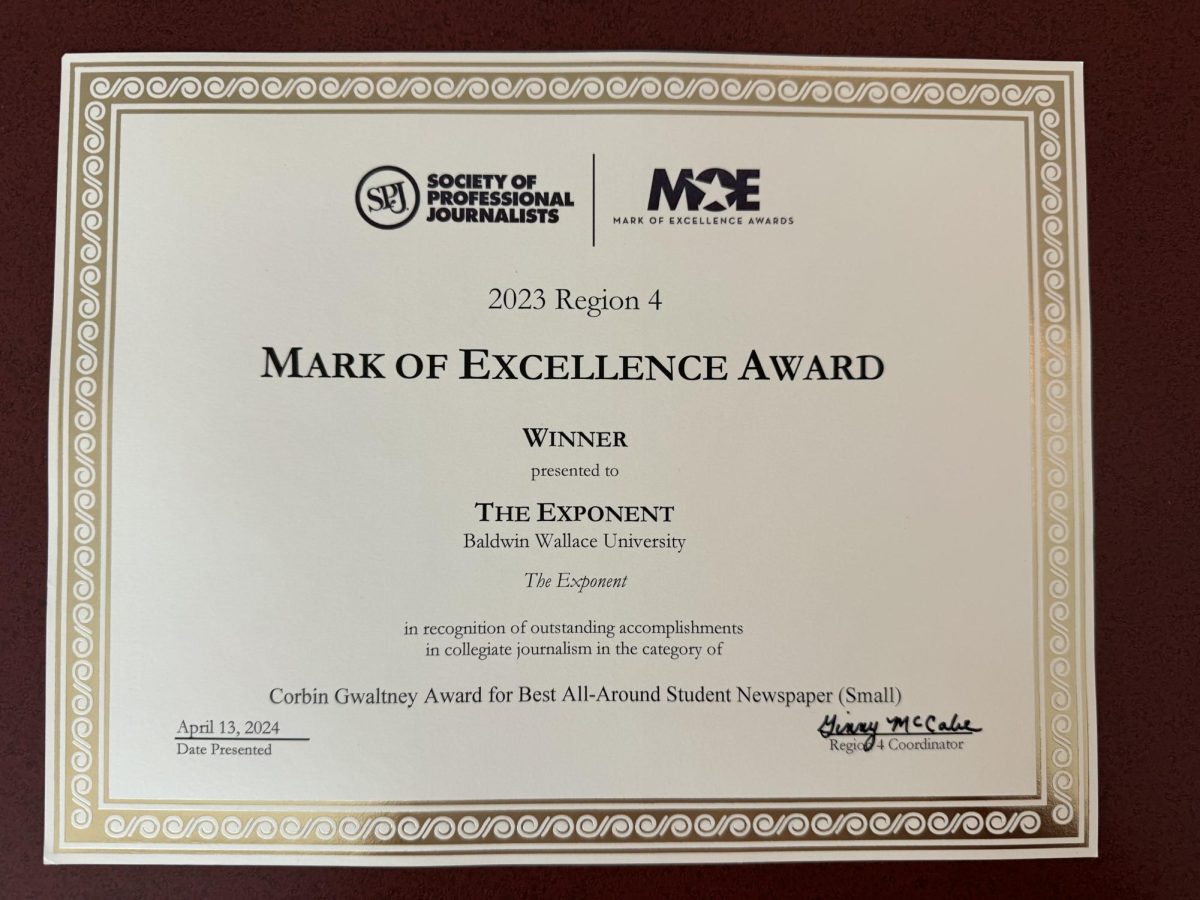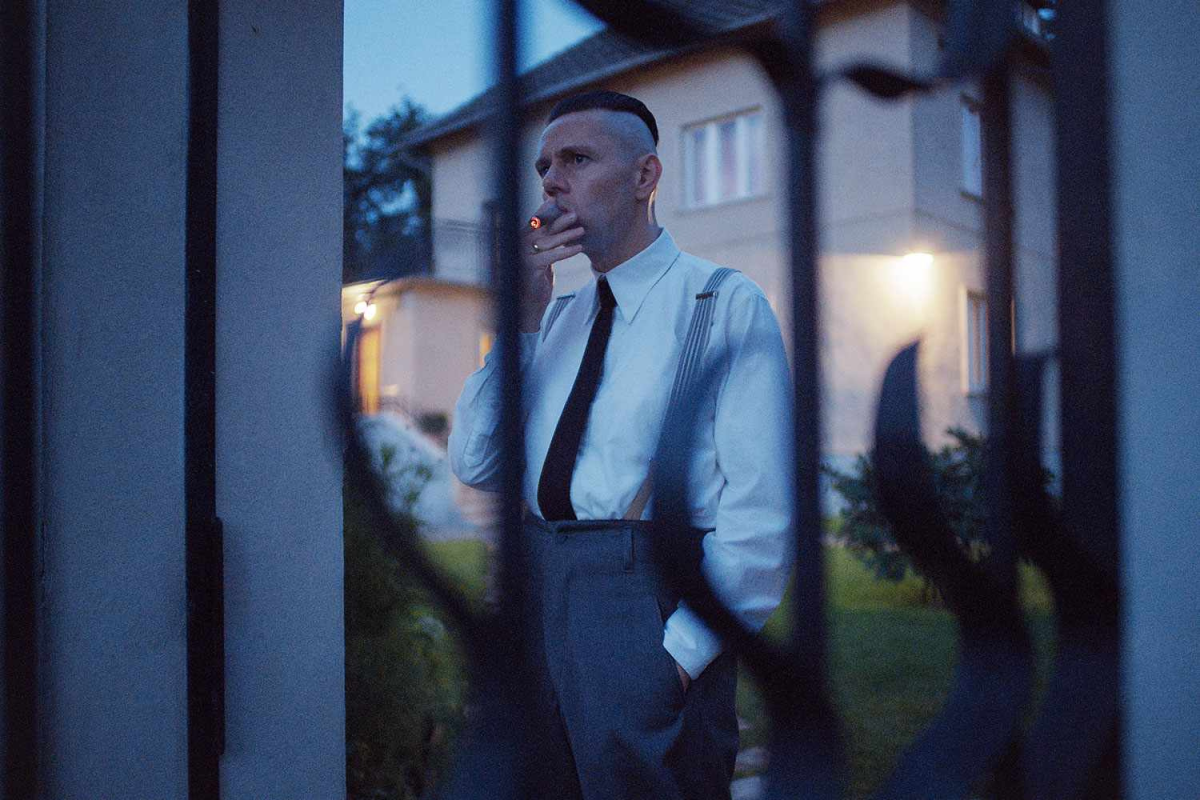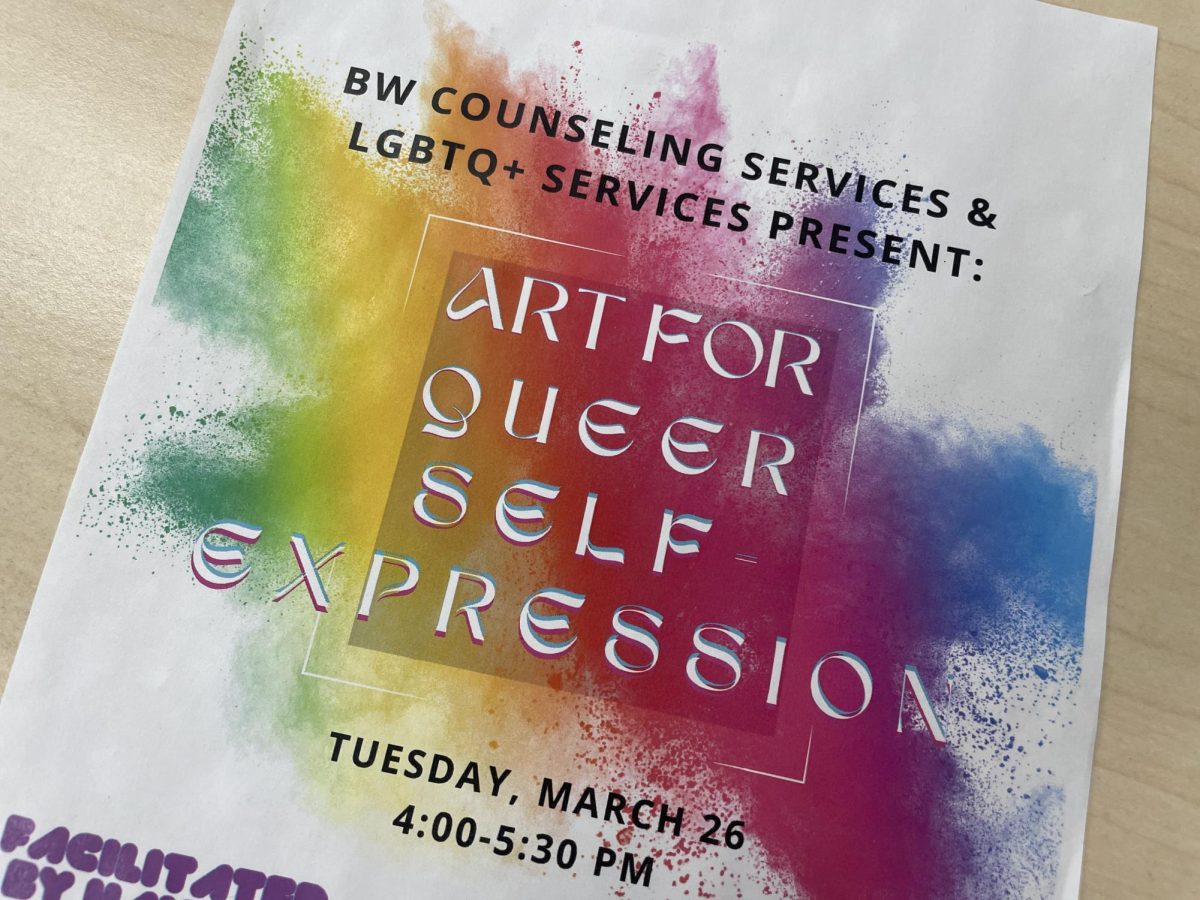The paradox of mental health on a college campus
When we enter college as bright and wide-eyed freshmen, we’re told the next four years will be the “time of our lives.”
That saying is rather true: we get the chance to experience new freedoms like living on our own, and we get opportunities to participate in engaging classes and internships about subjects we are immensely passionate about. We make new friends, and with those people we embark on adventures we’ll remember for the rest of our lives.
In that regard, college life is indeed great, but it doesn’t always work out quite like that for everybody.
With the hopes of achieving greatness in college, many of us trade our mental well-being for the possibility of success.
For the students who achieve high GPAs every single semester, the ones involved in all the clubs and Greek Life and Student Government—those achievements are gained out of sleepless nights and high levels of stress.
What seems like a fun, four year adventure can turn into a kind of stress-induced hell for some. Registering for classes can feel like a race to get into the best professor’s lectures. If the chance to get into these courses is lost, it can feel like you’ve been set back so far you won’t possibly be able to finish everything you need to—not with a demanding major, minor, involvement in the Honor’s Program, and the three extracurriculars you’re on the E-board for.
Here’s another irony: we leave high school seeming to know that in college, we’ll have the freedom to go out to parties and hang out with friends all the time—enjoying the feeling of being social while also being studious. But sometimes, socializing in college is hard.
Sometimes it’s the idea that we must sacrifice our friends to maintain our academic status, and other times it’s more complicated than that. We have friends—many of them, actually—but with the notion that we all have to be involved in everything we can, there’s hardly time to see them. When they aren’t busy, we are, and vice versa. Sometimes we are only one friend amidst three different social circles, and sometimes we are neglected, however unintentionally, when another group of people host a party we’re not invited to.
Studies show that college is a time when students develop more anxiety, more depression, and more general feelings of loneliness. A lot of the time, these kinds of mental insecurities are not talked about, and students suffer silently. While there are counseling services available to every student, some feel a sense of shame in having to go see a “therapist” about problems that seem so trivial, and others don’t trust the system to truly help them.
Here at BW, I think a main issue is that students know the counseling services exist, but feel no connection to them. Perhaps a “meet and greet” with the counseling staff would help that, or maybe even just a program that discusses the benefits of taking the time to talk with someone who is trained and willing to listen, no matter how trivial the problem may seem.
There are starting to be new, positive changes around campus as well, including the inception of the club Active Minds, an organization dedicated to attacking the stigma surrounding mental health. These kinds of efforts are what BW students really need, and should take advantage of. After all, if we don’t have our health, what do we really have?
The Exponent is looking for financial contributions to support our staff and our newsroom in producing high-quality, well-reported and accurate journalism. Thank you for taking the time to consider supporting our student journalists.
